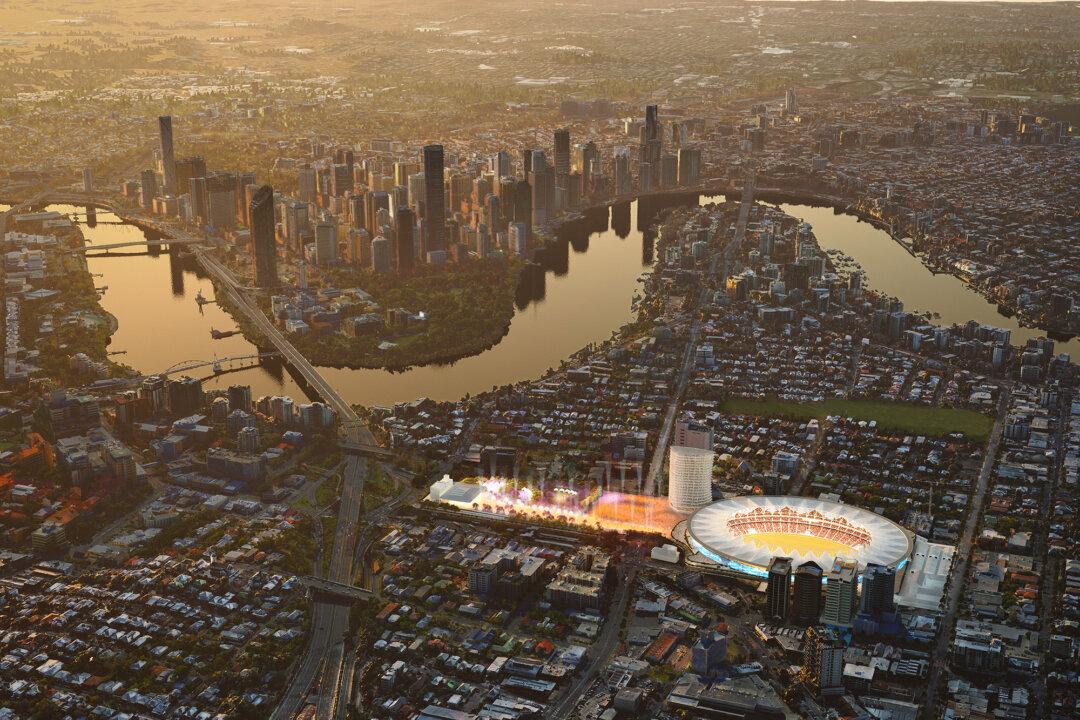Brisbane will host the 2032 Olympic Games, making it the third time Australia will be a host nation for the global sporting event following Melbourne in 1956 and Sydney in 2000.
Queensland Premier Annastacia Palazszczuk, leader of the host city’s state, made the announcement from Tokyo on Wednesday, after she travelled to Japan to present Brisbane’s 2032 Olympic bid to the International Olympic Committee (IOC), a move that attracted some controversy given Australia’s international borders are closed.





